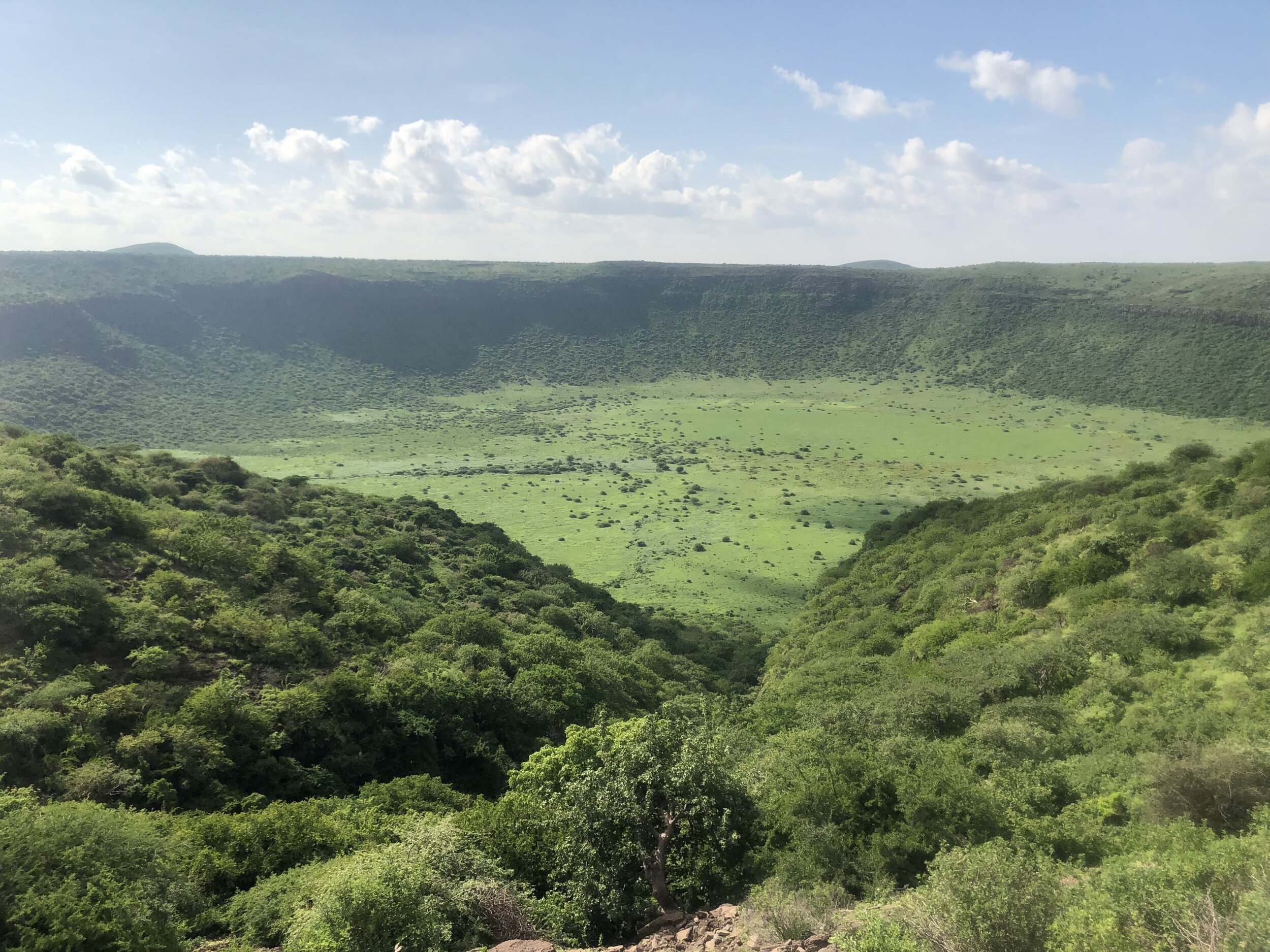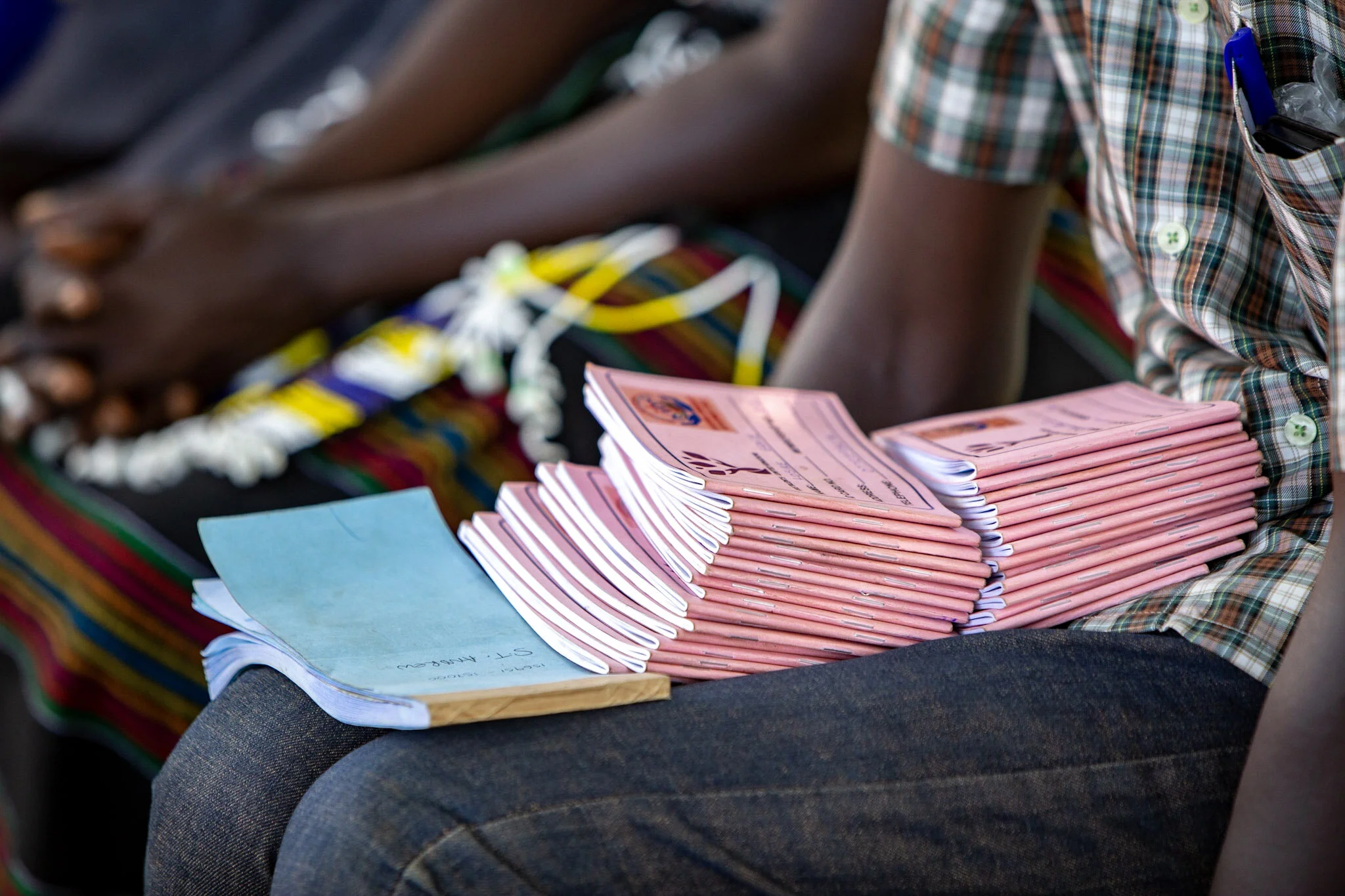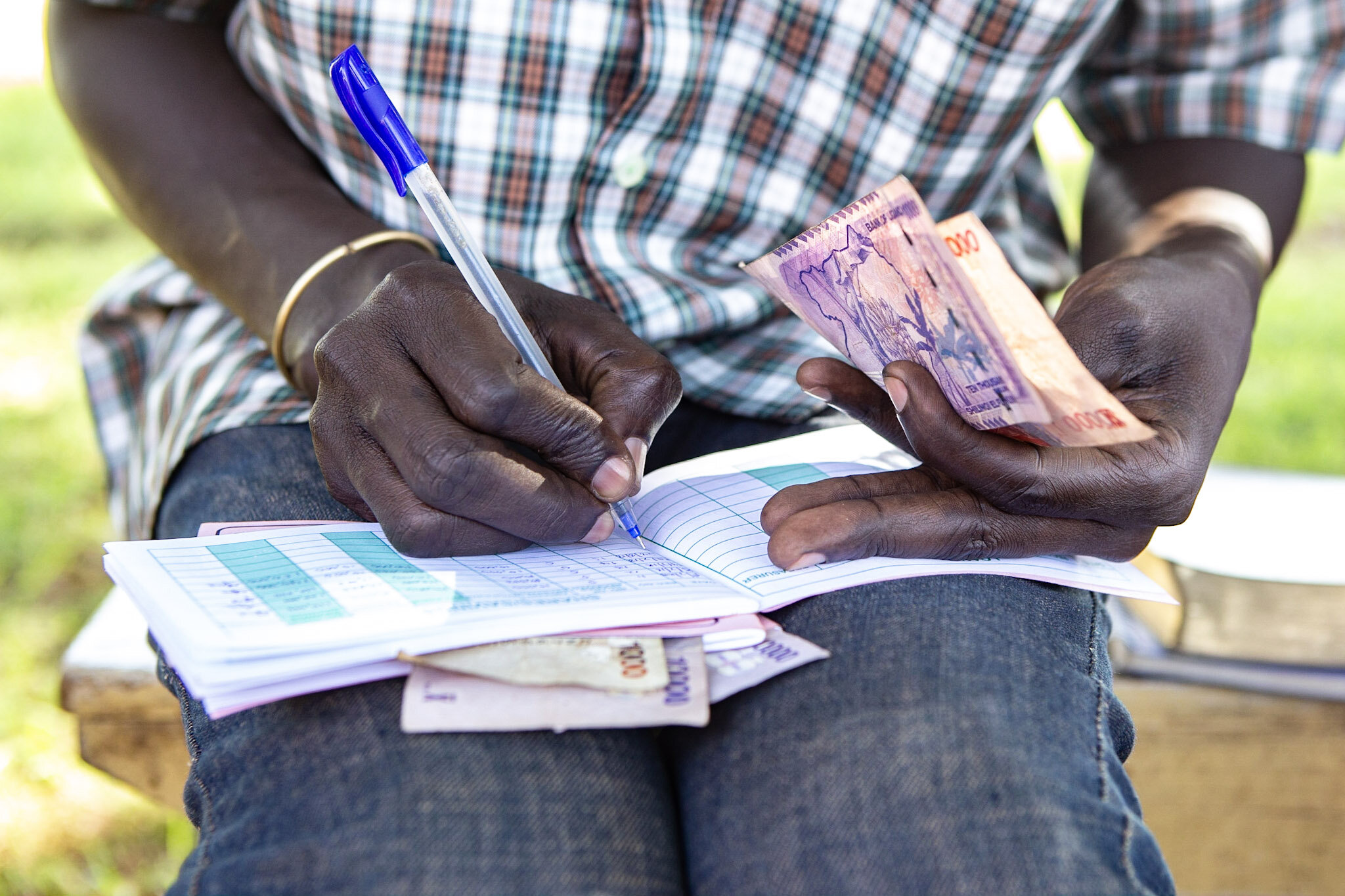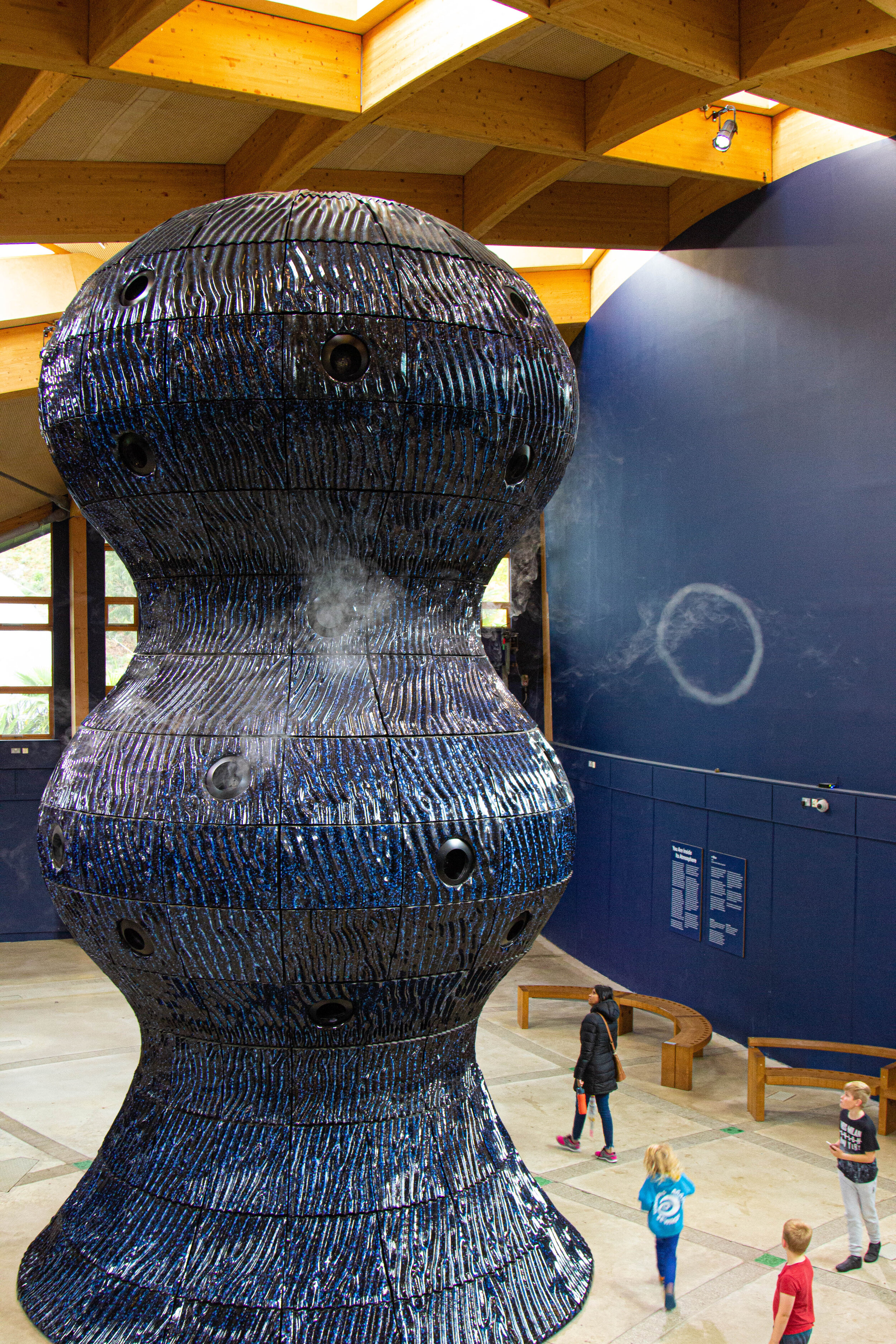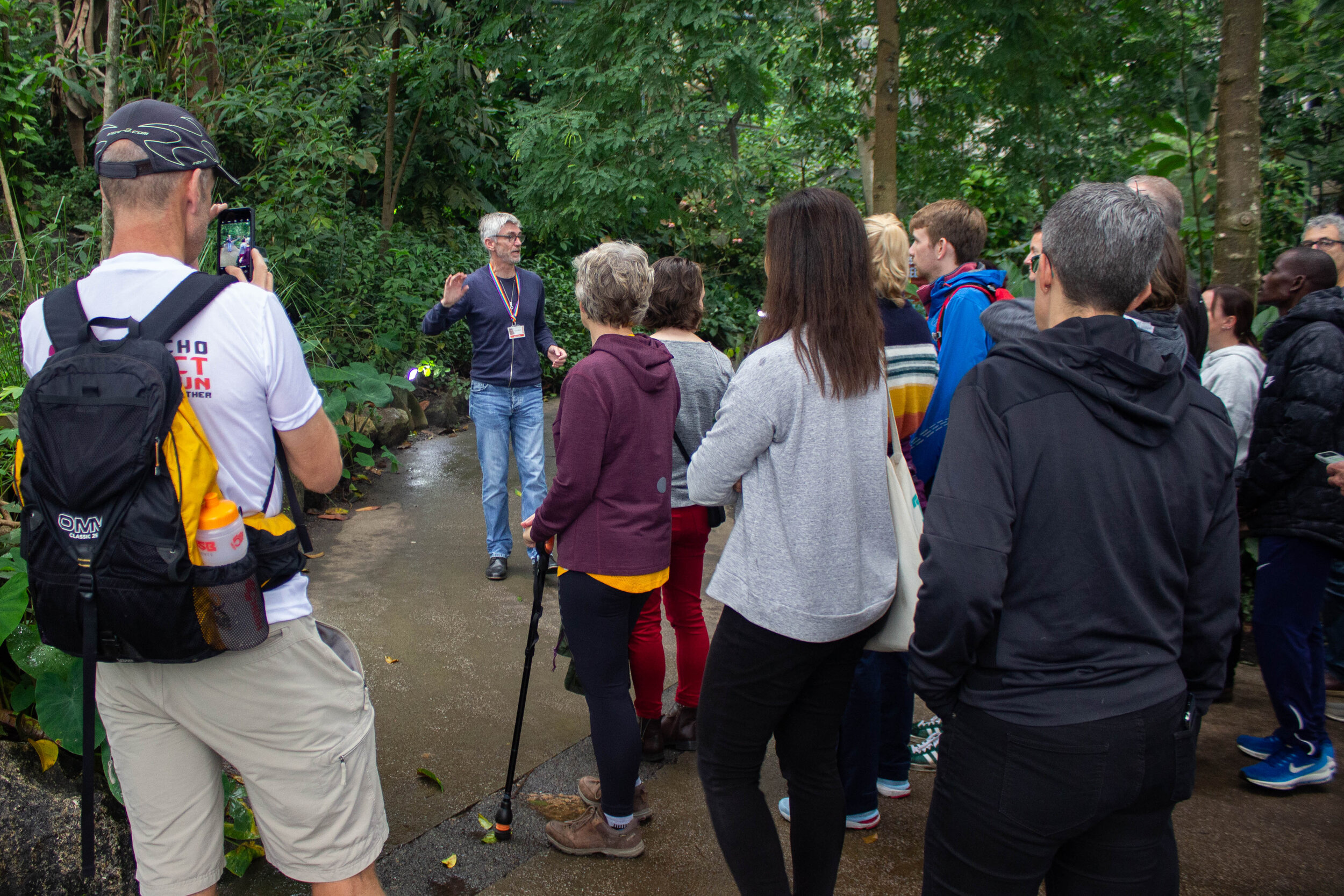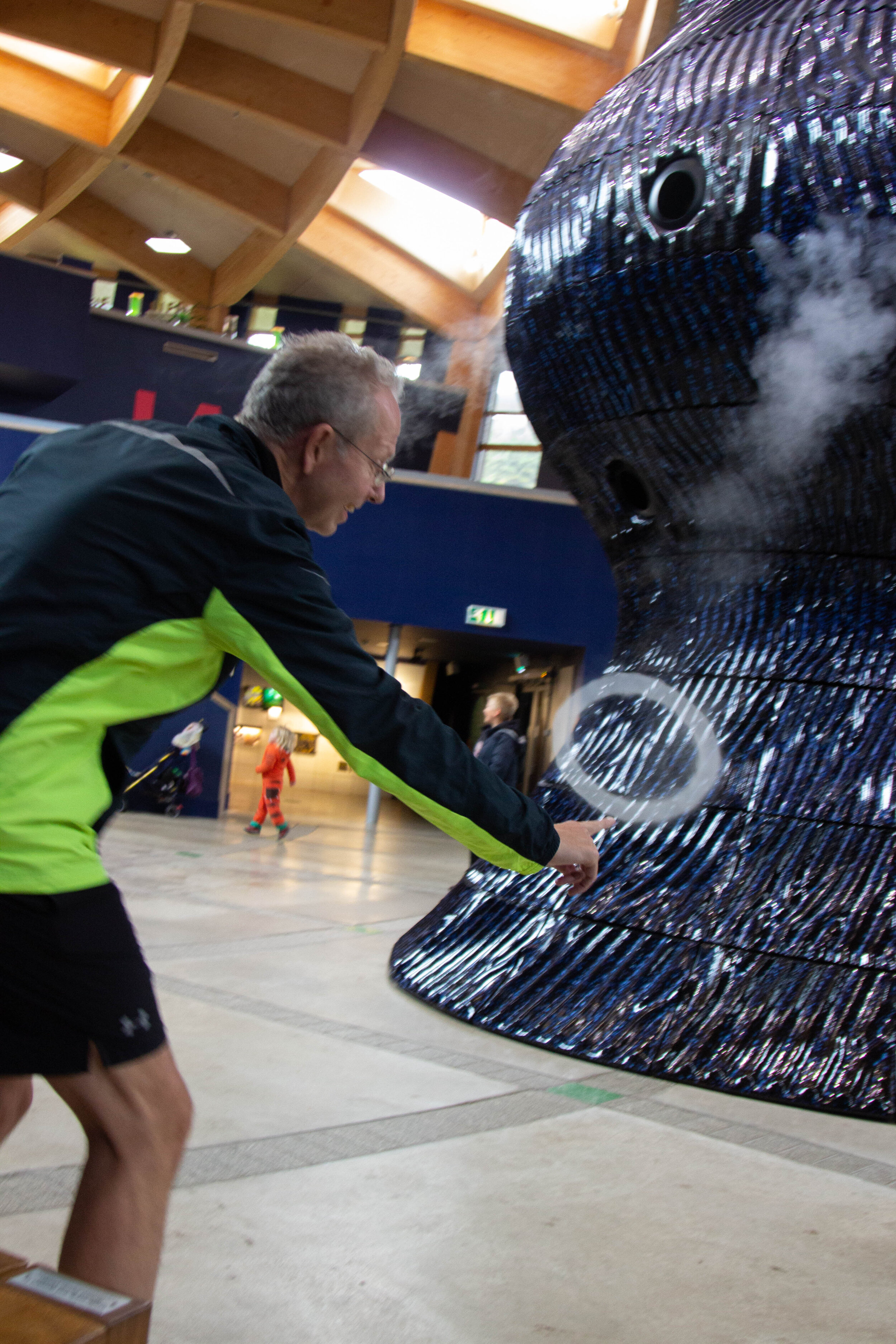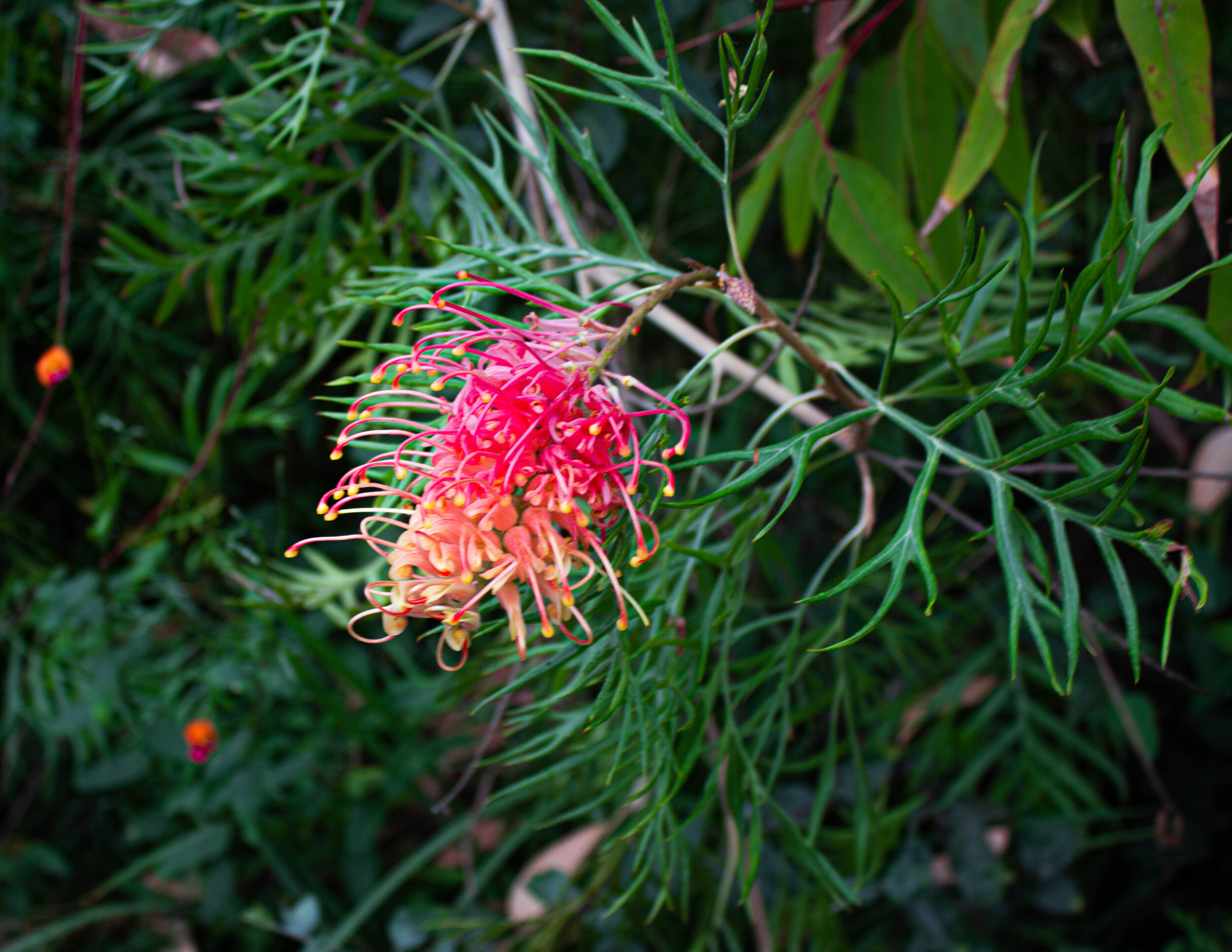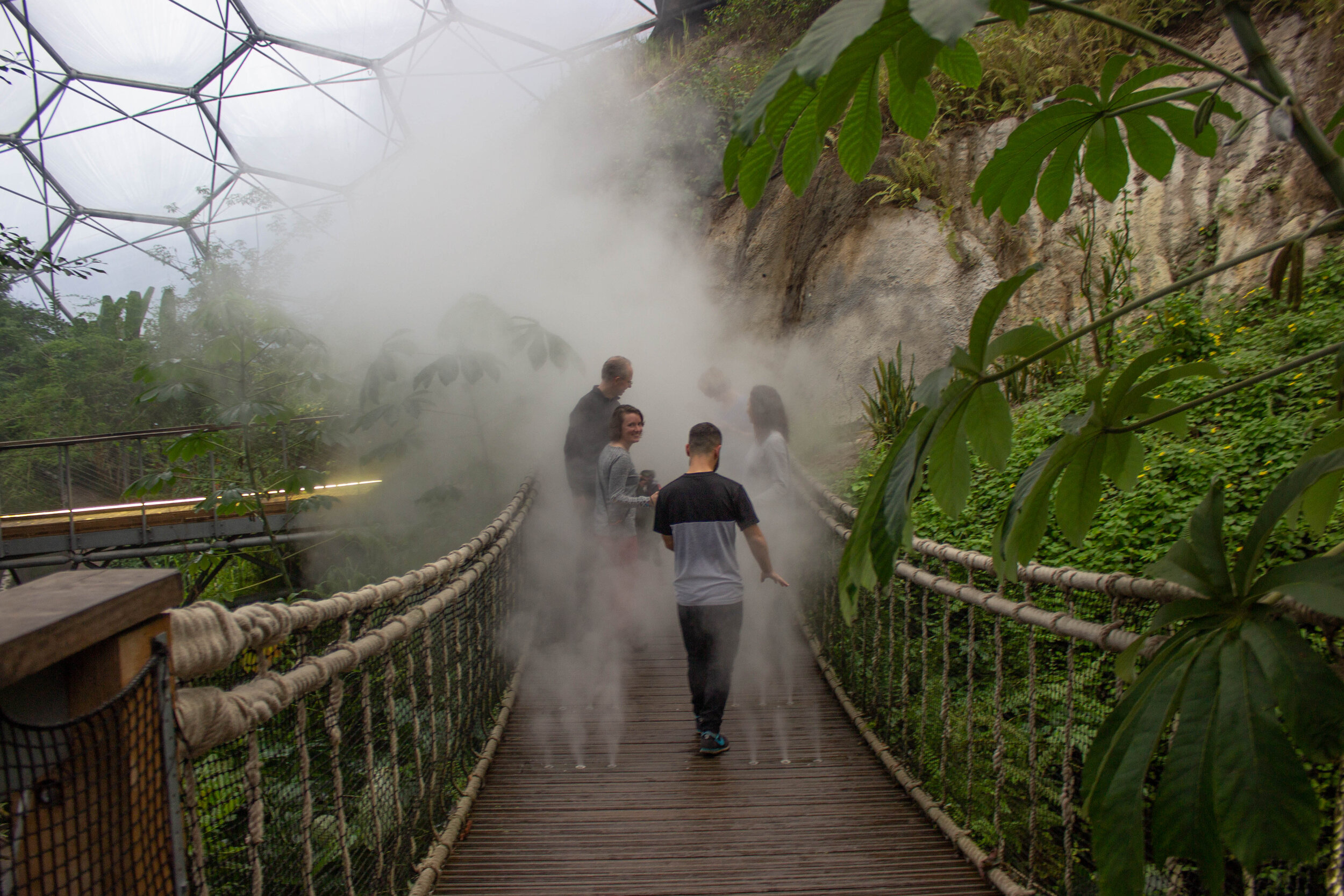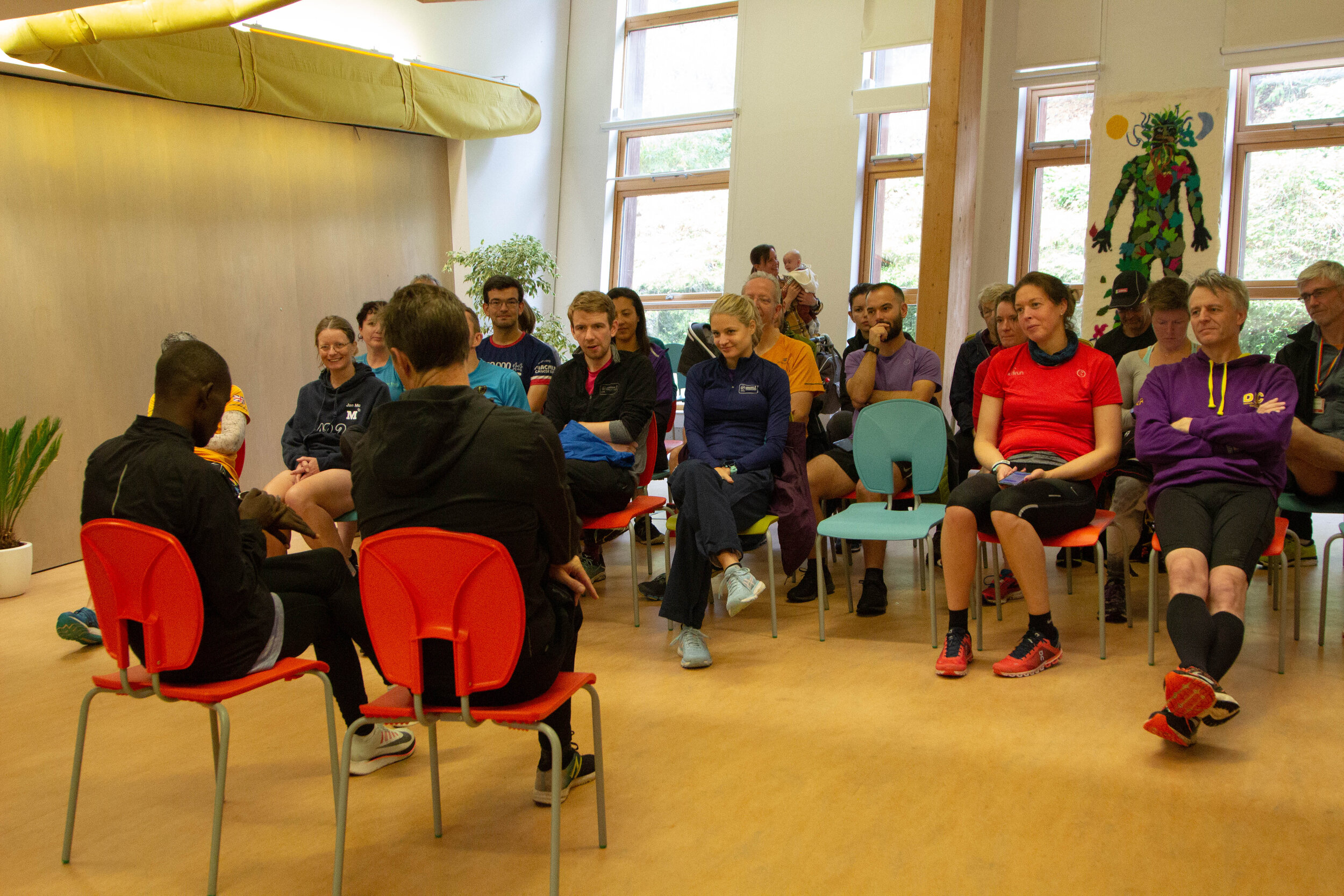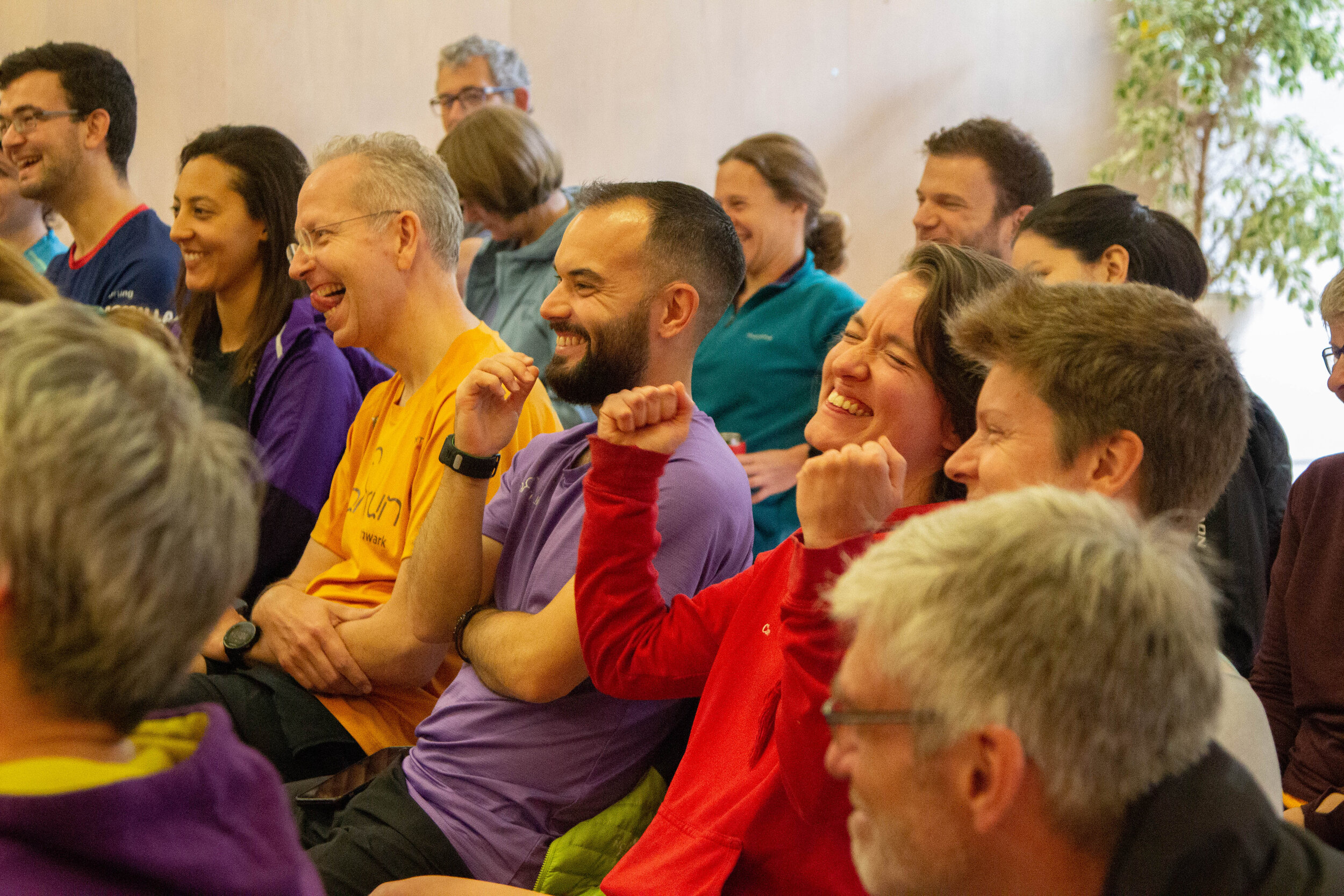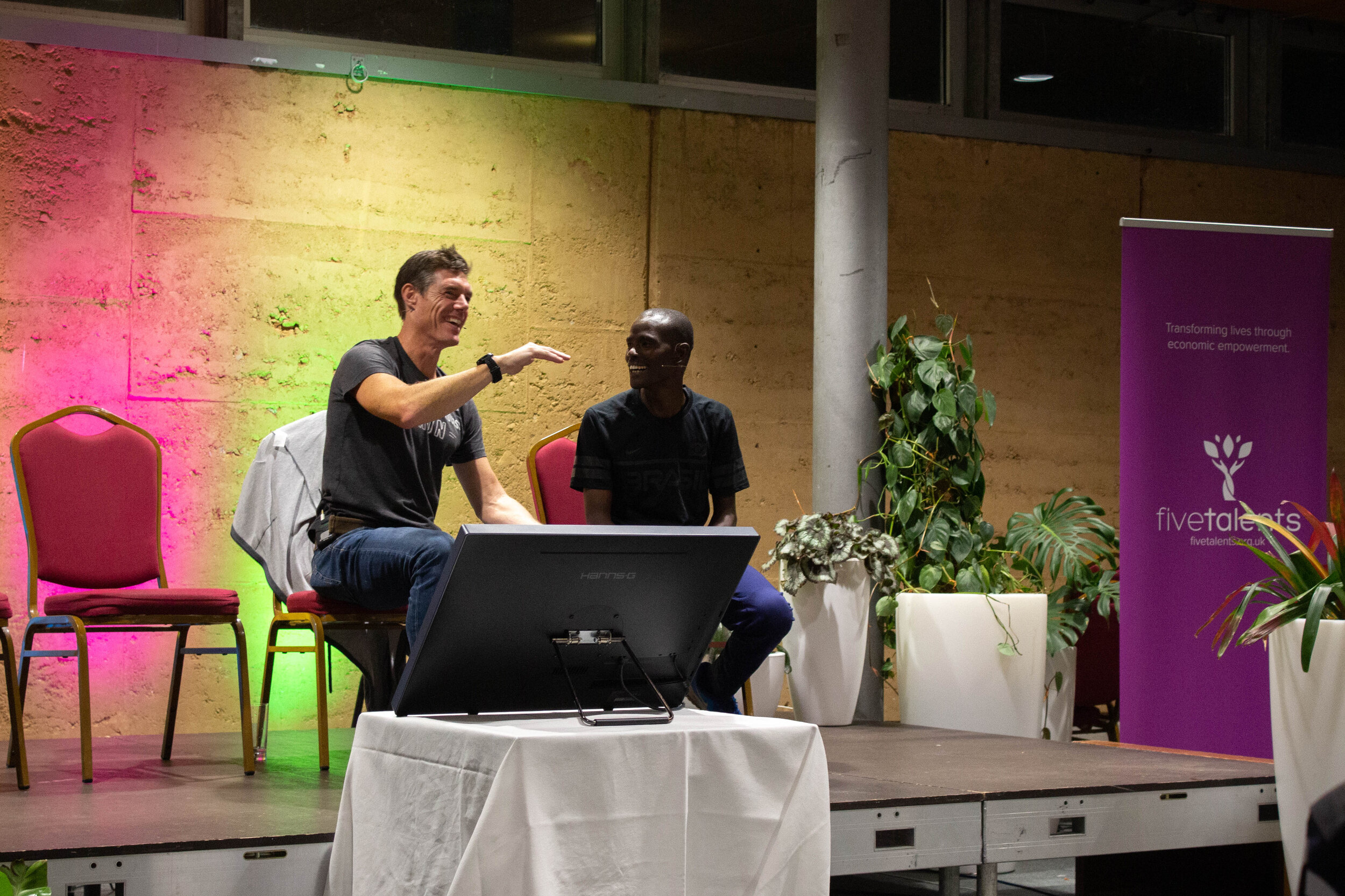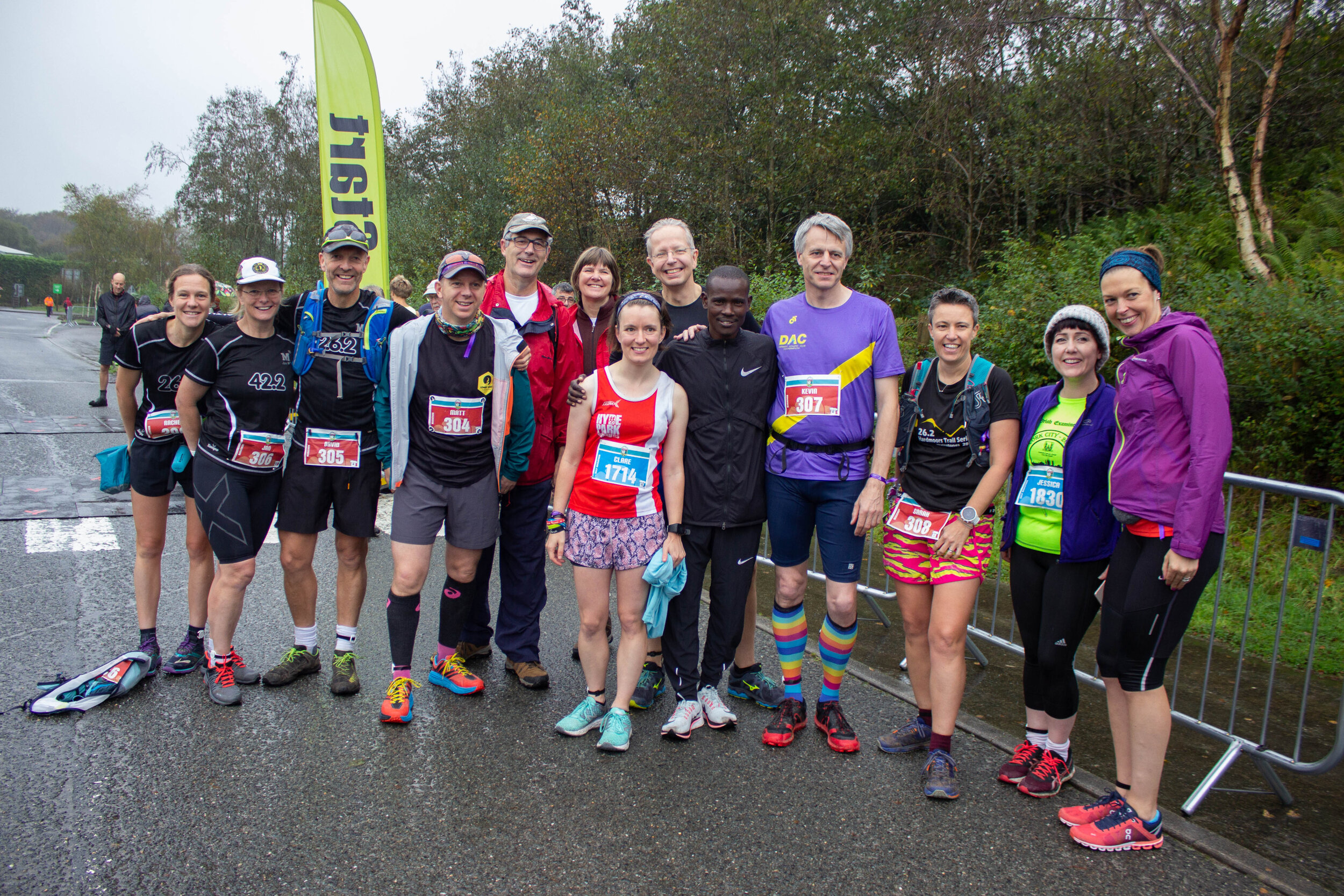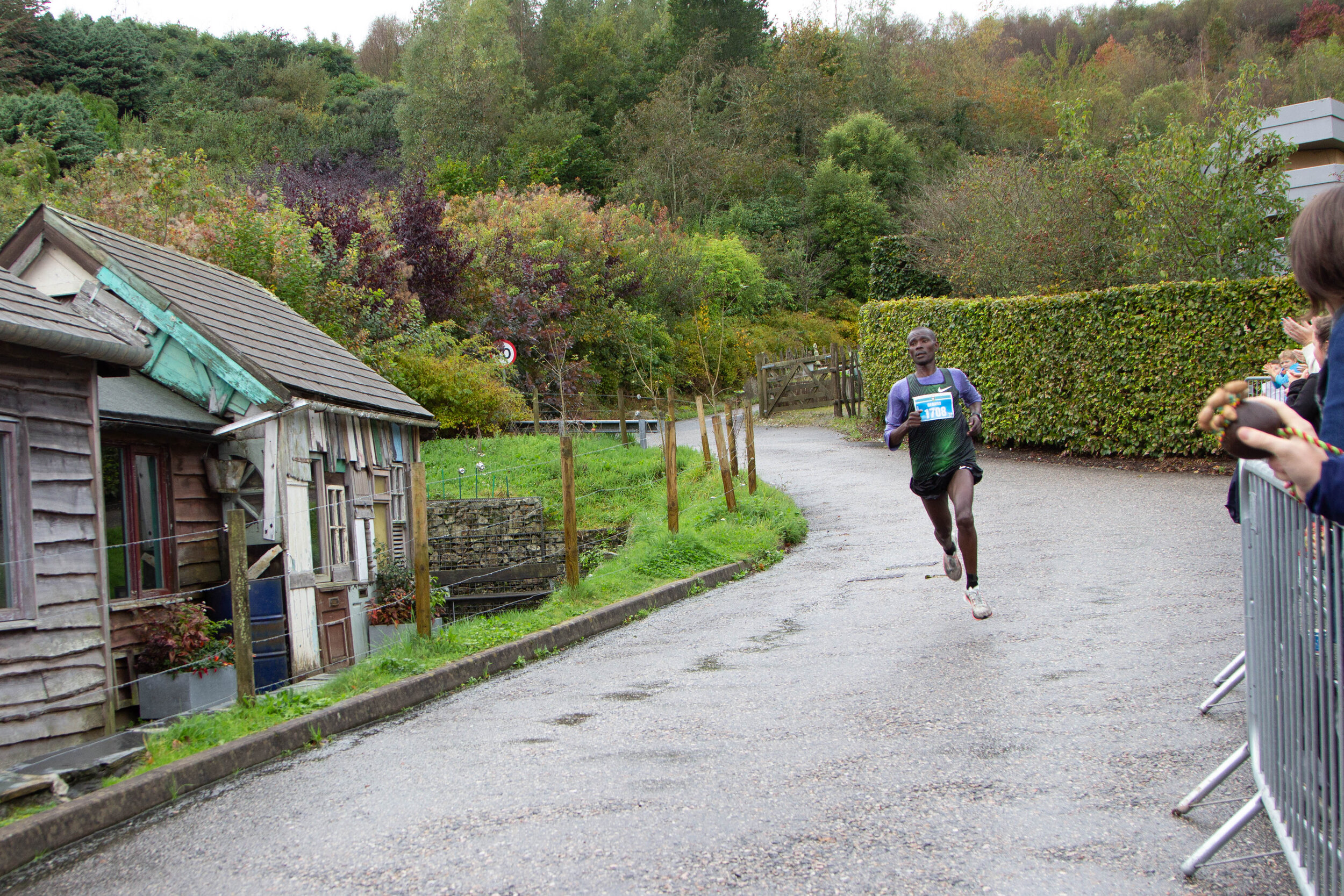Our experience is building resilience through savings, training and community groups BEFORE a crisis - we have no expertise in delivering relief after (or during) a crisis. Larger NGOs have Disaster Relief teams ready to act at a moment's notice - and they have the financial capacity to disburse millions of dollars in aid (or goods, or vouchers - without distorting local markets). Five Talents does not.
Equally, we have always said we give a hand-up, not a hand-out. Our funds pay a network of trainers across eastern Africa to unlock the 'talents' (skills and money) of communities themselves. Our message in every new community is that we give training - nothing else. It's a difficult message to deliver in communities which have become dependent on food aid after years of NGO programmes - but we find in the longer-term, it is much more sustainable and much more empowering. We believe communities have their own solutions. Resilience is local.
And if we were to turn to aid now - after all, we might say, these are unprecedented times (overused as that phrase is) - what happens in the next crisis? And the next? And the next? Sadly, there is almost always a state of crisis in the places where we work. That is why we work there.
Does that mean we should walk by on the other side of the road?
No, of course not. We want to stand by our communities in this and every crisis. The question is, how?
As ever, there is no one-size-fits-all answer - although there are some common principles. Broadly, we’re responding in four ways:
Pastorally (messages of encouragement and support to remote communities)
Health messaging (using our network of trainers to ensure even the hard to reach communities are hearing genuine WHO advice)
Technically (helping our savings groups think through how they can keep their assets safe at this time, or how to manage a ‘rush’ on the group savings)
Mapping (how are our groups coping in different places? What are they already doing to adapt? Which other agencies are there to help if it gets worse?)
We know these times are tough in different ways for everyone. We’ve all learnt the value of a friendly phone call or a smile in the street. We’re asking our programme leaders to share messages of encouragement with our groups everywhere too.
And everywhere we work, we want to make sure remote communities have heard genuine WHO advice on coronavirus. There is a lot of false information and damaging rumours. We have a vast network of trainers in the hard-to-reach places, who speak the local languages and are trusted by the communities. So we've asked all of our trainers to disseminate proper health messages and advice to all of our groups - including by phone where the groups themselves can no longer meet. We're also sharing messages of hope and encouragement in these isolating times.
Where Savings Groups can still meet physically (South Sudan, Burundi, DR Congo, Tanzania - albeit with social distancing or in smaller sub-groups), we're seeking to make sure they have plans in place in case a lockdown is suddenly imposed. How will they keep their savings safe in this period if the group has no bank account? Will they pause the savings cycle? Will they share out the group savings in case members need the money? How will they handle a large number of applications to the group emergency fund at once?
These discussions are not just focused on the group - we're also asking our members what plans they have to support others in their communities too. Each Group may have its own needs, but we know they are part of the solution too. They are groups of well-organised, dynamic women and men, used to leadership, used to handling money - we know many groups will already be planning for how they can help the most vulnerable in their own villages. We want to find out how, so we can support their ideas and share the good practices emerging with other groups.
Where our Groups can no longer meet (Kenya, Uganda, Myanmar, Bolivia), our trainers will be carrying out this data collection by phone to the Group leaders.
And everywhere, we are trying to map which other NGOs, Church or government agencies are present, and what they are doing to help. If the worst happens, we want to be able link our groups up with expert providers of aid, those with the capacity (financial, technical) and experience to deliver.
Will we launch an emergency appeal ourselves? We are still considering that. Right now it feels unlikely - but we might, if in the coming weeks and months we identify several groups with urgent needs for food, soap or other essentials and we can’t find any other agencies able to meet those needs. But, along with all the other caveats above, pragmatically we also need to be sure we could actually raise enough money to offer meaningful assistance. And we need to be sure we can raise that money from ‘new’ sources, without jeopardising our ability to continue funding our usual programmes. Compassion can’t always be strategic, but it doesn’t seem strategic to raise additional short-term funds now if that leaves us short of funding to pay our trainers in 6 months' time - when we know our work to rebuild local economies, which really is our expertise, is likely to be vital.
If we do raise any funds for emergency relief, we have three clear principles: to follow:
The funds would be in response to the needs expressed by communities themselves - otherwise, we risk falling into the trap of thinking we know what's best, despite our years of experience to the contrary!
The funds would be channelled through the Church or another appropriate agency - not through Five Talents partners. Otherwise, we risk creating a precedent that means our own partners cannot effectively deliver their trainings on self-reliance in future, and we risk over-burdening our partners who are not experts in delivering aid.
Any funds we raise would be for the whole community too, not just for our members.
But we are not at that stage yet - and we may never be. First, we need to do some more data collection to identify the gaps and the needs based on evidence, and to hear more about how our Savings Groups and the local Church are already responding themselves.
back to top





















